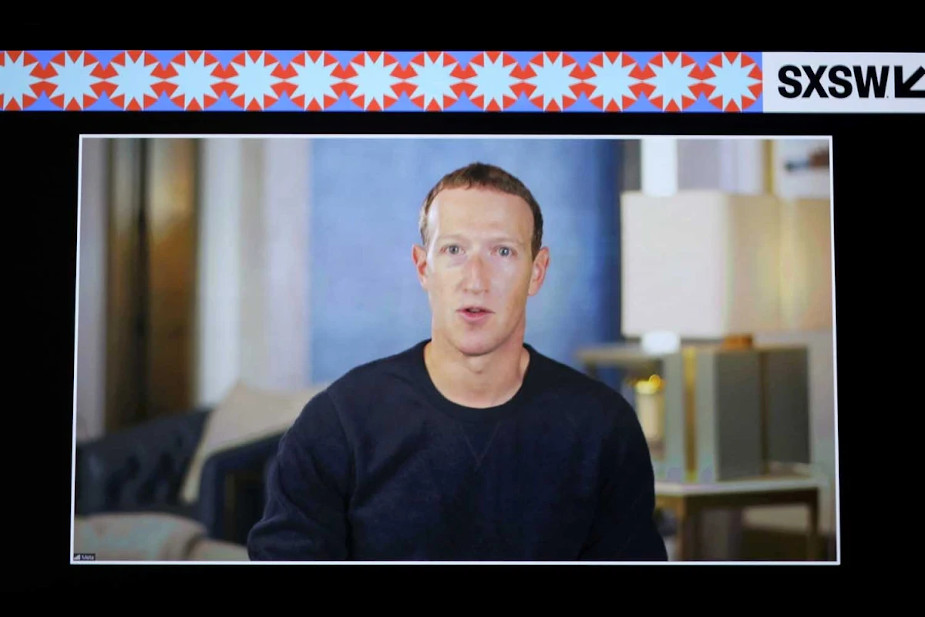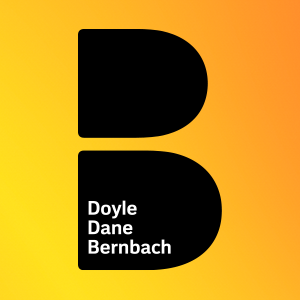
Big Tech to Brand Activations: The Key Trends from SXSW 2022

DDB global head of marketing Lindsay Bennett attended the return of SXSW last week. It was the first time since 2019 that the event has been able to run and marks an exciting return of live events onto the calendar. With SXSW being a melting pot of tech, film, music, education, and culture, Lindsay shares with us her key trends from the festival in 2022 from the criticism of big tech and crypto to the hope (or hype?) being pinned to Web3.
1. Criticism of Big Tech
Once the stars of SXSW, big tech faced unprecedented scrutiny. Facebook whistleblower Frances Haugen spoke openly about her experiences working for Meta in 2019, including her insight into how the company systematically magnifies hate and misinformation for financial benefit. She received a standing ovation for her keynote, which also refuted Meta’s claim that artificial intelligence could improve fact-checking and regulation.
There’s a long list of thought leaders speaking out against Meta, precisely the issues with Facebook and its advertising platform, from Scott Galloway and Weedmaps CMO Juanjo Feijoo to The Social Dilemma’s Travis Harris and Joe Tedesco. These concerns were not addressed as Mark Zuckerberg took the stage virtually alongside Shark Tank’s Daymond John. Instead, he explained the pivot to Meta and went all-in on the Metaverse. "The future tends to come sooner than you think when you bet on it," he said.

While some feel it's a missed opportunity not to have Zuckerberg address industry concerns, others can see it as a lesson in reputation management. Facebook’s rebrand to Meta not only announced their intention to focus on the Metaverse but provided a genuine and genius distraction from the issues that still face Facebook, and to a lesser extent Instagram.
Former Nintendo of America Inc. President and COO Reggie Fils-Aime: “Facebook itself is not an innovative company. They have either acquired interesting things like Oculus and Instagram, or they’ve been a fast follower of people’s ideas. I don’t think their current definition will be successful.”
2. Will web3 right the wrongs of web2?
If you believe the hype, web3 will change the world. And as the criticism of big tech heats up, many feel it can’t come soon enough. At SXSW, web3 gave hope to both speakers and audiences, offering the ability to change the current internet business model that has incentivised bad behaviour. Second Life’s Philip Rosedale and Epic Games’ Raffaella Camera championed a business model not founded on advertising, warning of dire outcomes if companies seek the same scale of audiences as they did with web2.
Throughout the festival, large data collection has been positioned as the enemy with web3 thought leaders touting data ownership the most important component to the next iteration of the internet. While users were the product with the web2 internet model, web3 now offers the ability to remunerate people for their data fairly. As a result, clean, ethically sourced data will become prioritised over the large data lakes that have been built over the last decade, said Joe Toscano, who starred in The Social Dilemma documentary.
If this next generation of the internet will change the world – from web3 to metaverse to crypto, it can’t only be white men writing the rule book. Clubhouse influencer Swan Sit shared a disturbing fact: 81% of crypto is male and only 5% of NFT projects are female. Diversity is more important than ever and critical to building central experiences.
Second Life founder Philip Rosedale: “We have to make a business model for the Metaverse that is not trying to modify people’s behaviour to make more money.”
3. NFTs and crypto are distractions
The NFT crypto community was out in force at SXSW with more than three dozen SXSW crypto-themed panels, sessions, activations, and events, for the blockchain-devoted and the crypto-curious. Most notably, Fluf World and Doodles captured the attention of attendees using large-scale, impossible-to-ignore activations and littering Rainey Street.
While SXSW is a natural place for the NFT and crypto conversations, sitting at the cross-section for advertising, art, business, innovation, money, and technology, it also drew widespread criticism. Futurist Amy Webb warned that we’re being distracted by the shininess of NFTs and digital collectibles – the real story is the infrastructure behind them. Shark Tank’s Mark Cuban shared a similar thought likening the NFT craze to the dotcom bubble, and its subsequent burst.
Actor Ben McKenzie, who has become a vocal critic of cryptocurrency, had a stronger point of view on the topic, serving as a grounding reminder on the current realities of the unregulated space. He went as far as comparing crypto marketplaces to specious investment vehicles like penny stocks and micro-cap stocks. “They burst. Bubbles don’t slowly deflate.”
His main issue? The strategic use of celebrities as the megaphone for cryptocurrencies. With Sandbox recruiting Paris Hilton as their surprise DJ guest during SXSW, it looks like the trend of celebrities touting crypto and NFTs isn’t going away anytime soon.
Actor Ben McKenzie: “Crypto is speed running past half a millennium of financial mistakes.”
4. Gathering and the return to normality
The unofficial theme of SXSW was gathering. After two missed years, the festival was back, bringing a sense of normality and human connection that the pandemic has stolen for the last two years. SXSW was a wonderful reminder of a pre-pandemic world where strangers bond over common interests while waiting in lines, and old friends reunite after years apart.
Conversations no longer began with a question about Covid. While it’s a small shift, it shows a level of normality returning to human interactions and shows promise for the future of live events.
Author Priya Parker: “We don't gather just to escape. We gather to engage. And we don't just gather to celebrate. We gather to mourn, to grieve and to make meaning of what happens in the world at this moment.”
5. Big Brand Activations
SXSW is one of the rare occasions people are willing to queue for two hours to spend time with your brand. Brands went big this year for the return of the festival with Prime Video taking out significant space to promote its biggest shows, including Lizzo’s new reality show, Watch Out for the Big Grrrls. It was a glamorous celebration of self-love and confidence fitting with Lizzo’s keynote appearance at SXSW.
Slack, Bumble, Peacock, Volkswagen, Dr Martens, Doodles, Fluf, and Meow Wolf were among the other brand activations scattered across SXSW. Two activations that received the most attention were the Cheetos ‘Hands-Free House’ by Goodby Silverstein & Partners and Paramount+ ‘Halo drone QR code’ by Giant Spoon.


6. TikTok, social media’s golden child
TikTok has risen to social media golden child status with more than 20 sessions across the festival discussing the app’s influence on the creator economy, gen Z and small businesses. One panel centred around the #TikTokMadeMeBuyIt sensation with South Asian clothing retailer Sani revealing 60% of its revenue coming from TikTok.
However, the platform didn’t escape completely unscathed. As Tribe founder Jules Lund said, TikTok is the undisputed leader when it comes to short-form content and is making the right moves to support the creator economy. While TikTok is making the right moves, Lund warned of the addictive nature of the platform.
If its packed-out event was anything to go by, which featured a marketplace full of local merchants gifting products, TikTok captured the hearts and interest of the SXSW attendees.
Tribe Founder Jules Lund: “TikTok is a conveyor belt of content that changes in front of your eyes… it’s the most addictive format we’ve seen in social media. It’s terrifying, it’s like crack.”
---
Lindsay Bennett is global head of marketing at DDB













